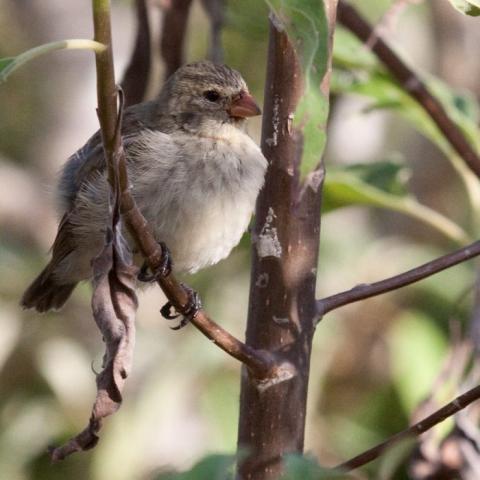Perspectives on Speciation | Interdisciplinary symposium

Organised by the Linnean Society of London. See below for the opportunity to contribute your research.
Join us at the Linnean Society of London for a one-day symposium to compare and contrast views of the speciation process from different disciplinary perspectives.
11 April 2024, 10:00-18:00 UTC.
Please note that this event comes at a charge:
- 11.55 GBP for attending online.
- 65.71 GBP for attending in-person, with refreshments, lunch, and a drinks reception included.
- 44.04 GBP for a students attending in-person with refreshments, lunch, and a drinks reception included.
The meeting aims not only to share these perspectives, but to encourage communication across disciplinary divides, from philosophy, through palaeontology and systematics to behaviour and genetics. We believe that this will help towards the integration of research on this central evolutionary process that connects the microevolutionary and macroevolutionary levels of analysis.
Contribute your research
Papers from the symposium will contribute to a special issue of the Evolutionary Journal of the Linnean Society, which publishes open-access original papers on all aspects of the evolutionary biology of diverse organisms and ecological systems. The call for papers for the special issue closes on May 31, 2024.
>> For details, see the official call
The Linnean Society of London
The Linnean Society of London is the world’s oldest active society devoted to natural history. Founded in 1788 by Sir James Edward Smith (1759–1828), who was its first President, the Society takes its name from the Swedish naturalist Carl Linnaeus (1707–1778) whose botanical, zoological and library collections have been in our keeping since 1829. [...] Our vision is a world where nature is understood, valued and protected. To do this we aim to inform, involve and inspire people about nature and its significance through our collections, events and publications. Thanks to the wide ranging expertise of our Fellowship and our unique collections, we are a hub for science communication through interdisciplinary learning and engagement.
Photo by Mike Comber on Flickr: Small tree finch (Camarhynchus parvulus) on the Galapagos Islands. These inconspicuous birds are one of the species known as Darwin's finches. Observing this group of bird species and their diversity helped Charles Darwin develop his theory of evolution. He described them as a now iconic example for speciation in his book On the Origin of Species, the foundational text of evolutionary biology.
